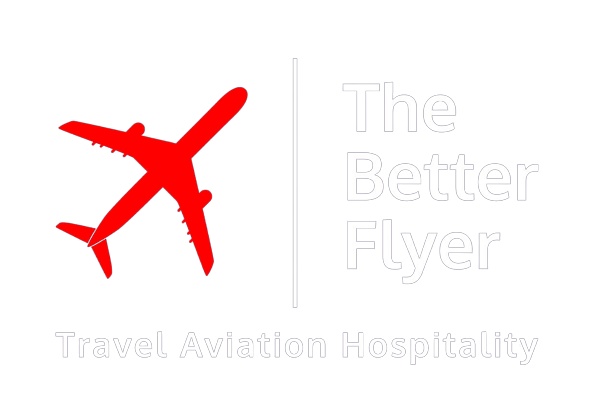
Airbus will equip 15 German Eurofighters to replace the Tornado ECR in the SEAD role.
On Nov. 29, 2023, Airbus confirmed that a dedicated Suppression of Enemy Air Defences (SEAD) variant of the Eurofighter Typhoon, dubbed Eurofighter EK, has been green-lighted by the German Government. In fact, following the recent parliamentary approval by the German budget committee, Airbus will equip 15 German Eurofighters for electronic combat, which will be NATO-certified by 2030 and will then replace the Tornado ECR in the SEAD role.
“Electronic warfare and reconnaissance are an important NATO requirement: current conflicts and the present security situation show how important the two capabilities are,” says Airbus Defence and Space CEO Michael Schöllhorn. “In this respect, the German government’s decision to include such an important capability as electronic warfare in the Eurofighter capability portfolio is an important measure. EK will add this important capability to the already broad operational spectrum of the Eurofighter while strengthening European sovereignty and autonomy.”
With the parliamentary approval by the Budget Committee, the Eurofighter is now officially set as the successor to the Tornado ECR (Electronic Combat/Reconnaissance). Initially, Germany considered the possibility to acquire a mixed fleet of F/A-18E/F Super Hornets and EA-18G Growlers, the former to comply with NATO’s nuclear sharing agreement and the latter to replace the Tornado ECR. Later on it was decided to acquire the F-35A for the nuclear sharing requirement, but no mentions where made for the SEAD role.
Airbus is now looking forward to the official order to integrate the selected technical solutions into the Eurofighter. The corresponding contract between Eurofighter GmbH, as prime contractor, and NETMA (NATO Eurofighter and Tornado Management Agency) is expected to be signed before the end of the year.
Actually, well before the voiced acquisition of the Growler, Airbus announced a Eurofighter ECR variant, which was shown in 2019 at the International Fighter Conference. The configuration presented by Airbus back then showed the Typhoon carrying two Escort Jammer Pods, three 1000 liters fuel tanks and six MBDA SPEAR-EW air-to-ground missiles (currently being developed for the Royal Air Force), in addition to the standard air-to-air loadout of four Meteor and two IRIS-T.

Some artworks depicted also the capability to employ the AGM-88B HARM or the AGM-88E AARGM, while the Escort Jammer Pods were complemented by two Emitter Locator Systems installed into the Typhoon’s wingtips. It was also noted that the aircraft would have been a twin-seat aircraft with an Electronic Warfare Officer in the back seat whose cockpit would be independent from the pilot’s one.
With today’s press release, Airbus confirms that the Eurofighter EK will use the AGM-88E AARGM, a transmitter location and self-protection system from Saab and other technologies developed by small and medium-sized enterprises and a start-up. Notably, these include an AI solution that makes it possible to analyse radar data on-board and quickly determine precise self-protection measures. Moreover, the new artworks depict the Eurofighter EK as a single seater jet.
The sensor suite provided by Saab is the Arexis Electronic Warfare suite, which Saab said in June 2023 it was selected to equip the 15 Eurofighters, although an order was not yet signed at that time. Saab said that the German government evaluated products of European and international EW providers, considering aspects such as performance, integration and route to certification.
Saab stated that the company would carry out a major part of the work at its site in Bavaria, Germany, together with its artificial intelligence partner Helsing. The Arexis suite can be fully integrated on-board an aircraft or employed as a missionized pod, with the artwork suggesting it will be integrated on-board the Eurofighter.
Arexis was first developed for the Gripen, although in a podded solution, equipped with high-power gallium nitride GaN Active Electronically Scanned Arrays (AESAs) and ultra-wideband receivers and Digital Radio Frequency Memories (DRFMs). Saab says it is capable of neutralising the Anti Access/Area Denial (A2/AD) bubble with support and escort jamming of modern “anti-stealth” radars, thanks to its capability to also transmit data from its sensors to allied network.

